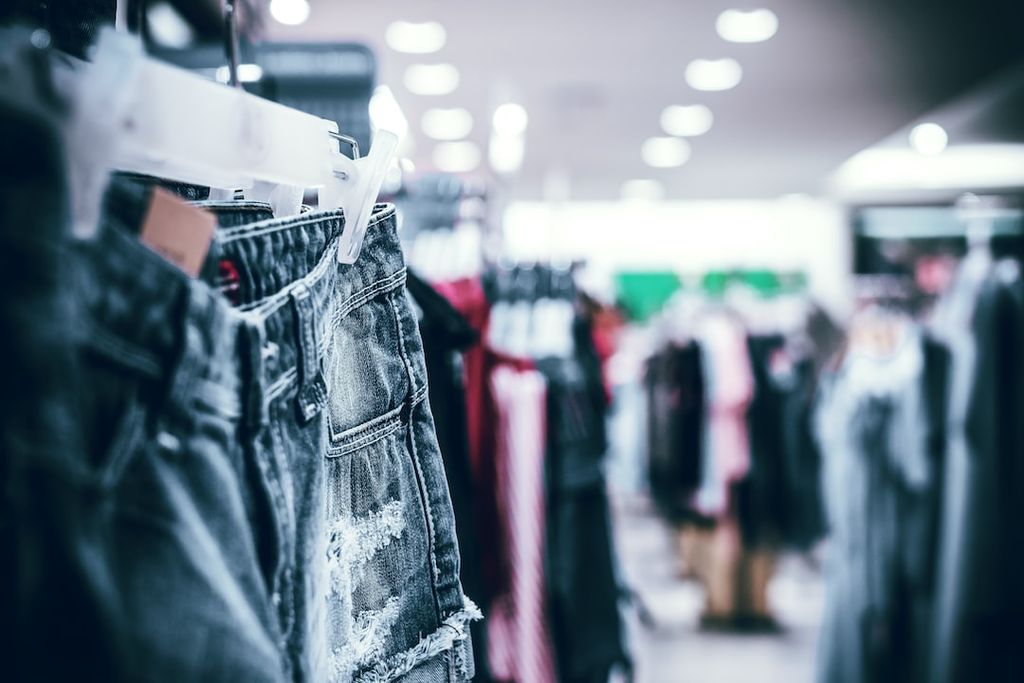The luxury goods trade is a highly lucrative industry that caters to high-end consumers seeking exclusive and prestigious products. However, the rise of non-payment has become a significant challenge for luxury goods retailers. In this article, we will explore the reasons behind the increase in non-payment, the challenges faced by retailers, and the legal measures being taken to combat this issue.
Key Takeaways
- Non-payment has become a major problem in the luxury goods trade.
- Luxury goods retailers face challenges in recovering unpaid debts.
- The rise of non-payment is attributed to factors such as economic downturns and fraudulent activities.
- Legal measures, such as stricter credit checks and legal action, are being implemented to tackle non-payment.
- Luxury goods retailers need to adopt proactive strategies to minimize the risk of non-payment.
The Luxury Goods Trade: A Lucrative Industry
The Rise of Non-Payment in Luxury Goods Trade
Faced with the increasing challenge of non-payment in the luxury goods trade, retailers are seeking effective solutions to protect their interests and ensure financial stability. Debt recovery is a crucial aspect of this process, as it involves the collection of outstanding payments from customers who have failed to fulfill their financial obligations. To address this issue, retailers are exploring various strategies and legal measures to combat non-payment and minimize financial losses.
Challenges Faced by Luxury Goods Retailers
Luxury goods retailers face several challenges in the industry. These challenges include USA-France B2B trade and the complexities it brings. Retailers must navigate the intricacies of international trade agreements and regulations to ensure smooth transactions and minimize non-payment risks. Additionally, the high value of luxury goods makes them attractive targets for fraud and theft, further adding to the challenges faced by retailers.
Legal Measures to Combat Non-Payment in Luxury Goods Trade
As non-payment continues to pose a significant challenge in the luxury goods trade, retailers are taking proactive steps to address this issue. One key measure is ensuring financial stability within the industry.
The luxury goods trade is a highly lucrative industry that continues to thrive in today’s global market. With the increasing demand for high-end products, luxury brands have found great success in catering to the desires of affluent consumers. From designer fashion and accessories to luxury cars and fine jewelry, the luxury goods trade offers a wide range of exclusive and prestigious products. At Debt Collectors International Store, we understand the importance of financial stability and the need for effective debt collection solutions. Our team of experts is dedicated to providing simple and efficient debt collection services to help individuals and businesses recover their outstanding debts. Visit our website today to learn more about our debt collection solutions and how we can assist you in achieving financial peace of mind.
Frequently Asked Questions
What is the luxury goods trade?
The luxury goods trade refers to the buying and selling of high-end, exclusive products such as designer fashion, luxury watches, fine jewelry, and expensive automobiles.
Why is non-payment a problem in the luxury goods trade?
Non-payment is a problem in the luxury goods trade because it can result in significant financial losses for retailers. Luxury goods often have high price tags, and when customers fail to pay for their purchases, it can lead to cash flow issues and inventory problems.
What are the challenges faced by luxury goods retailers in tackling non-payment?
Luxury goods retailers face several challenges in tackling non-payment. One challenge is the difficulty in verifying the financial status of potential customers, as many luxury purchases are made by individuals or entities with complex financial structures. Additionally, luxury goods are often purchased through various channels such as online platforms, which can make it harder to track and enforce payment.
What legal measures can be taken to combat non-payment in the luxury goods trade?
There are several legal measures that luxury goods retailers can take to combat non-payment. One measure is to implement strict payment terms and conditions, including requiring upfront payment or providing secure payment options. Retailers can also use legal remedies such as filing lawsuits or engaging debt collection agencies to recover unpaid amounts.
How can luxury goods retailers protect themselves from non-payment?
Luxury goods retailers can protect themselves from non-payment by conducting thorough due diligence on potential customers, including credit checks and background investigations. It is also important to have clear and comprehensive contracts or purchase agreements in place, outlining payment terms and consequences for non-payment.
Are there any alternative solutions to tackle non-payment in the luxury goods trade?
Yes, there are alternative solutions to tackle non-payment in the luxury goods trade. Some retailers may choose to work with insurance companies that provide coverage for non-payment or trade credit insurance. This can help protect against financial losses resulting from non-payment by customers.





